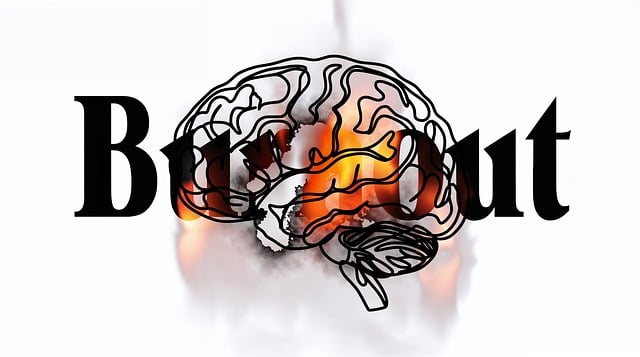Creating effective mental wellness podcasts for Centennial Learning Disability Therapy involves strategic planning, scripting, and engaging content. Align episodes with therapy goals, incorporate statistics, expert insights, and personal stories. Include interactive elements like meditations and journaling prompts. Break down complex topics with clear language and relatable examples. Foster community through rhetorical questions and real-life anecdotes. Additionally, discuss Risk Management Planning and Burnout Prevention Strategies for mental health professionals. The podcast should offer adaptive teaching methods, assistive technologies, and personalized support systems for learning disabilities, enhancing therapists' understanding and resilience. Well-structured scripts cater to diverse audiences, providing evidence-based tools for stress reduction, mental illness stigma reduction, and crisis intervention.
“Unleashing the Power of Mental Wellness Podcasts: A Comprehensive Guide for Impactful Content Creation. In today’s digital landscape, podcasts offer a unique platform for disseminating knowledge and fostering connection. This article explores the art of producing an engaging mental wellness podcast series focused on Centennial Learning Disability Therapy. From planning compelling episodes to mastering audio production techniques and strategically marketing your show, discover the steps to create a powerful resource that reaches and supports a wide audience.”
- Planning and Scripting for Effective Mental Health Podcast Episodes
- – Identifying key topics relevant to Centennial Learning Disability Therapy
- – Creating structured scripts that engage listeners and convey valuable information
Planning and Scripting for Effective Mental Health Podcast Episodes

Effective planning and scripting are key to crafting impactful mental wellness podcast episodes. Start by identifying the specific topic or theme for each episode, ensuring it aligns with the overall goals of your series, such as promoting Centennial Learning Disability Therapy or sharing Burnout Prevention Strategies for Healthcare Providers. Research and incorporate relevant statistics, expert insights, and personal stories to make the content engaging and informative.
When scripting, consider incorporating interactive elements to encourage listener participation. This could include guided meditations, journaling prompts, or discussions on practical tools like Emotional Intelligence and Healthcare Provider Cultural Competency Training. Break down complex topics into digestible segments, using clear language and relatable examples. Engage your audience by asking rhetorical questions or sharing real-life anecdotes related to the topic, fostering a sense of community and connection.
– Identifying key topics relevant to Centennial Learning Disability Therapy

When crafting a podcast series focused on mental wellness, particularly relevant to Centennial Learning Disability Therapy, it’s essential to explore topics that resonate with the unique needs and challenges faced by individuals with learning disabilities. This may include delving into effective therapeutic strategies tailored for this demographic, such as exploring adaptive teaching methods, assistive technologies, and personalized support systems. By discussing these subjects, the podcast can provide valuable insights to both therapists and caregivers, fostering a better understanding of how to enhance learning experiences and promote mental well-being.
In addition to these core themes, incorporating conversations around Risk Management Planning for Mental Health Professionals and Risk Assessment is crucial. Topics like burnout prevention, stress management, and self-care strategies can contribute to the overall resilience of therapists, ensuring they are equipped to support clients effectively while maintaining their own mental wellness. This two-fold approach not only benefits the individuals with learning disabilities but also strengthens the profession by addressing the well-being of those dedicated to providing specialized care.
– Creating structured scripts that engage listeners and convey valuable information

When producing a mental wellness podcast series like Centennial Learning Disability Therapy, one key element to success is crafting structured scripts that captivate listeners while delivering substantial insights and information. These scripts should balance engaging storytelling with clear, concise communication of valuable mental health practices. Incorporate relatable anecdotes, expert interviews, and actionable advice segments to cater to a diverse audience seeking support for their mental well-being.
By integrating evidence-based stress reduction methods and mental illness stigma reduction efforts, your podcast can offer practical tools while fostering an inclusive environment. Additionally, providing crisis intervention guidance through thoughtful discussions on coping mechanisms and resilience can empower listeners to navigate challenging situations. Well-structured scripts enable hosts to guide audiences through complex topics, ensuring that each episode leaves listeners feeling informed, inspired, and empowered to prioritize their mental health.
Producing a mental wellness podcast series, such as those focused on Centennial Learning Disability Therapy, requires careful planning and scripting. By identifying key topics relevant to the therapy and crafting structured scripts that engage listeners, you can create valuable content that informs and supports individuals navigating learning disabilities. This approach ensures your podcast stands out in the digital landscape, offering a unique and impactful resource for mental health awareness and support.








